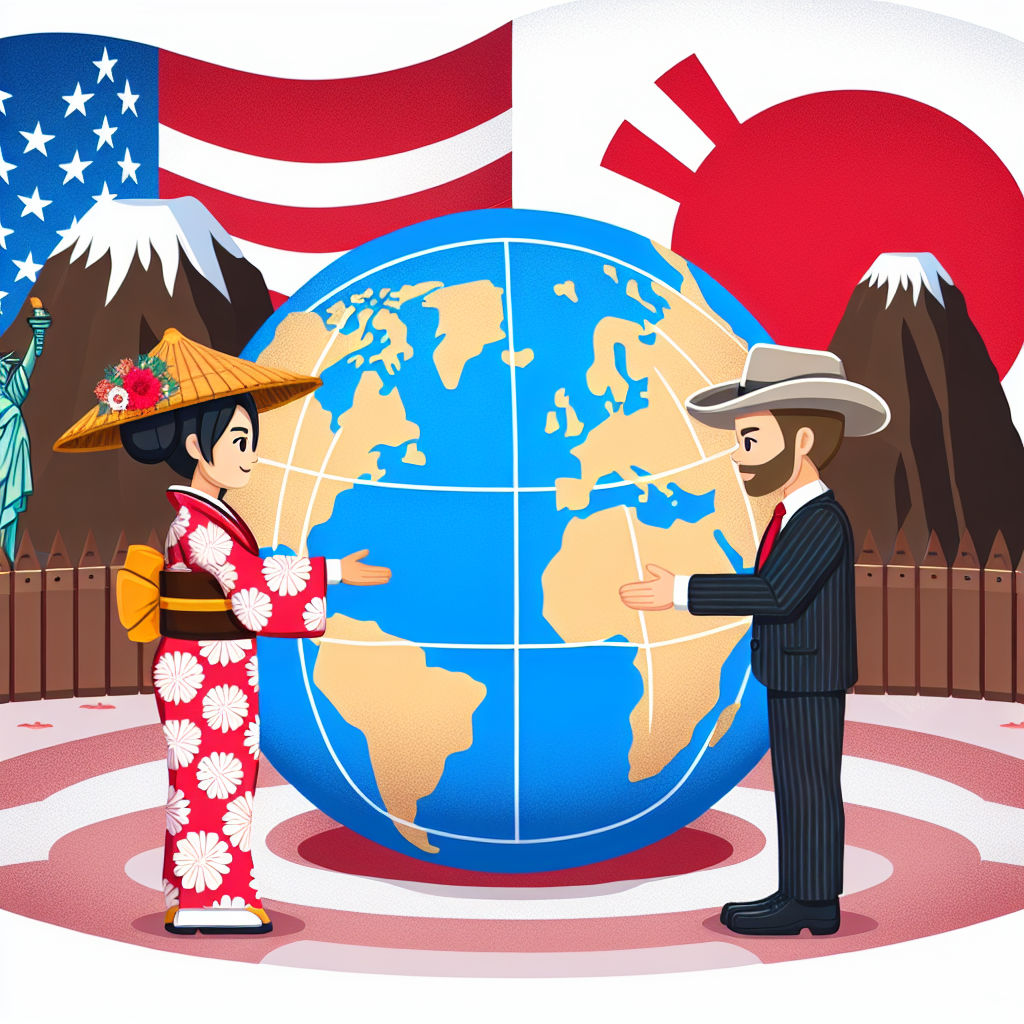Path to Peace: Navigating Complex Kurdish Militant Talks
Talks to end a 40-year Kurdish conflict in Turkey inspire hope but bring anxiety due to regional instability and differing agendas. While Kurdish leader Abdullah Ocalan shows willingness to negotiate, Turkey's stance, along with concerns about Syrian Kurds, complicates the path to peace.

Efforts to resolve a 40-year conflict involving Kurdish militants in Turkey have sparked both hope and anxiety, influenced by regional dynamics and political interests. Kurdish leader Abdullah Ocalan signals openness to negotiations, but the uncertain position of Syrian Kurds poses challenges for peace.
Talks in late December involving the pro-Kurdish DEM Party and Turkey's government had a positive tone, setting expectations for a clear roadmap in upcoming discussions with Ocalan. However, Turkey's potential military actions in Syria and differing political demands make peace elusive, particularly as many Kurds seek political and cultural concessions.
While President Erdogan's stance remains firm against PKK militancy, signals of potential peace talks suggest a careful negotiation path ahead, amid societal skepticism and regional uncertainties. Erdogan emphasizes unity and peace but warns of military readiness, reflecting broader tension in achieving lasting peace.
(With inputs from agencies.)










